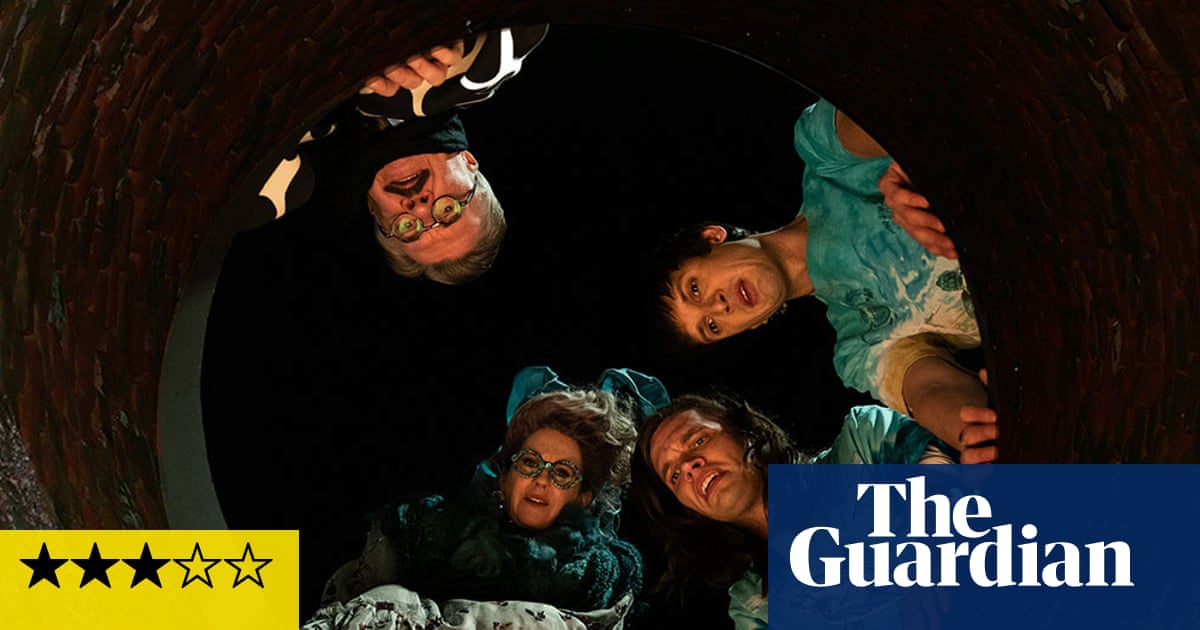
In a way, the women’s exploits remind you of a James Bond thriller with unbelievable gadgets and car chases
With a budget of around $50 million, Banks has created a movie that will lend itself to several sequels
CHENNAI: With the #MeToo movement in full swing, “Charlie’s Angels” seems to fit in splendidly. Admittedly, the Angels have been around for over four decades. Their plots to rid the world of crime and conspiracies began in 1976 with an ABC television show that led to two feature films in 2000 and 2003 with Drew Barrymore, Cameron Diaz and Lucy Liu playing the Angels. With the most angelic of expressions, they gave a hard time to law-breakers — punching and kicking their way to success. But a television reboot in 2011 of the franchise was ripped apart. So, it must have taken enormous guts for Elizabeth Banks to write, produce and act in the latest version, alongside Kristin Stewart, Naomi Scott and Ella Balinska.
The Angels receive a tough assignment — neutralizing a device called Calisto, an environmentally friendly energy source that, in the wrong hands, could cause immense destruction. And when it is discovered that the gadget will be sold to a criminal, Sabina (Stewart), Jane (Balinska) and Elena (Scott) undertake the most perilous of missions.
In a way, the women’s exploits remind you of a James Bond thriller with unbelievable gadgets and car chases. And for all one knows, the Angels may strengthen the case for a female Bond.
But what is most interesting is that Banks refrains from turning her Angels into objects of titillation. Unlike the protagonists in the earlier editions of the franchise who wore revealing clothes and pretended to be ditzy to please their boyfriends (with Diaz famously dancing in skimpy outfits to distract the male gaze in the 2000 movie), Sabina, Jane and Elena do nothing of the sort.
With a budget of around $50 million, Banks has created a movie that will lend itself to several sequels, and shooting mostly in Turkey and Germany, she has also tried to capture an international audience by introducing a Turkish-Muslim character, Fatimah (Marie-Lou Sellem).
Gripping to the core and brilliantly photographed and edited, ultimately this is a movie that does little to objectify women, but also doesn’t force the viewer to think too hard. Easy entertainment for the world of today.












